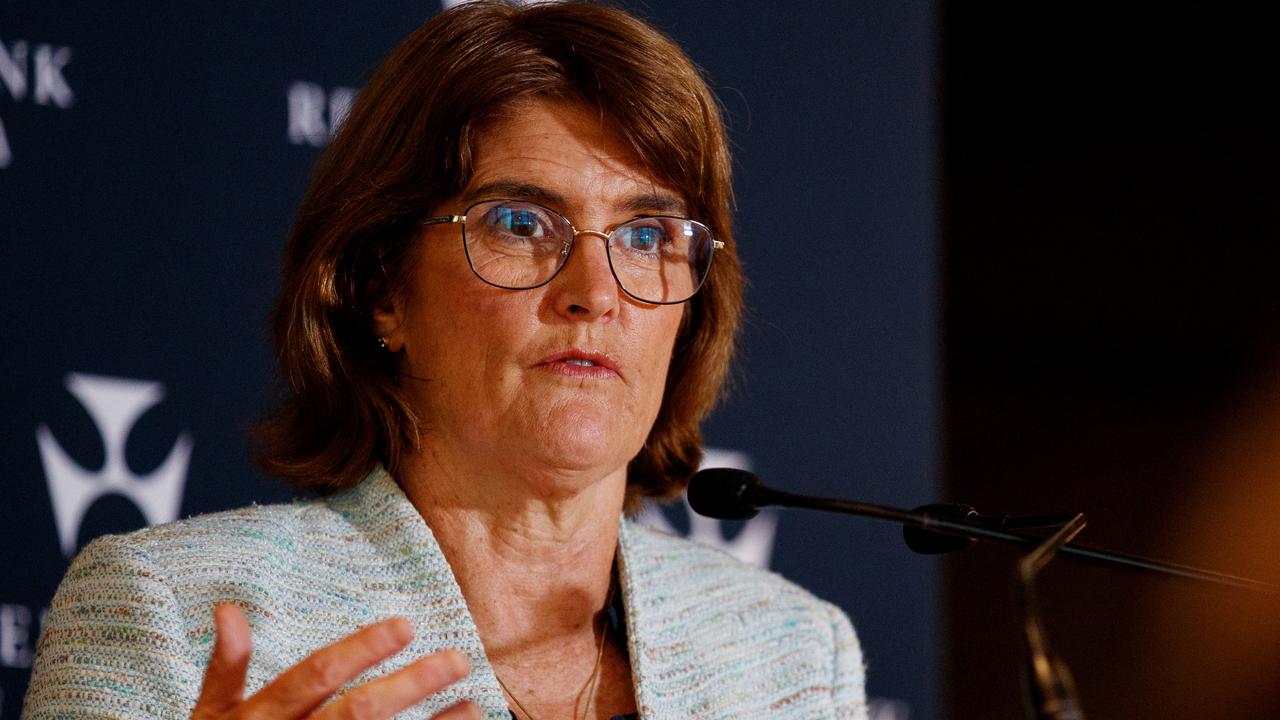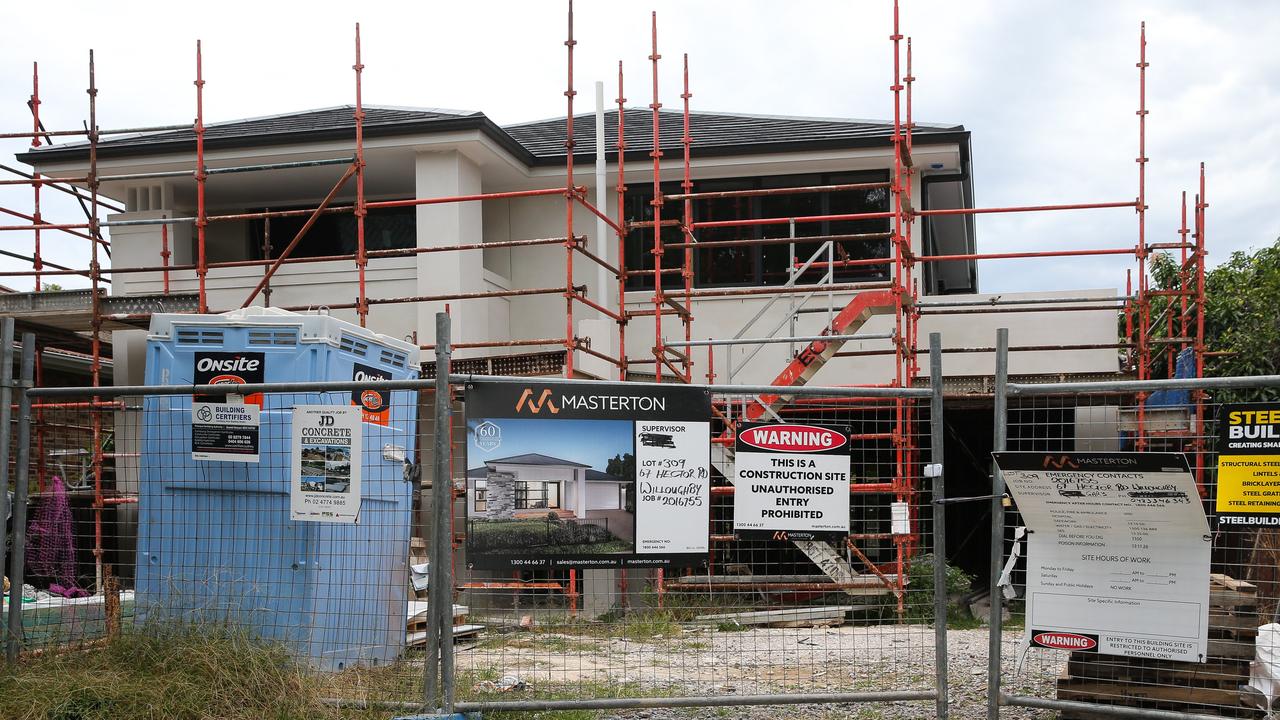Banks slow to react to rate cut
THE big banks have been slow to react after the Reserve Bank cut interest rates by a larger-than-expected 75bp yesterday.
Banks slow to react to rate cut
THE big banks have been slow to react after the Reserve Bank cut interest rates by a larger-than-expected 0.75 percentage points yesterday.
The Commonwealth Bank was the first of the major banks to move after the Reserve Bank board's announcement yesterday, chopping its rates by 0.58 per cent.
This was despite repeated warnings from Treasurer Wayne Swan to pass on the rate cut quickly, and in full.
"I want to see them pass this on in full as rapidly as possible," Mr Swan said.
"I'm disappointed to see that the Commonwealth Bank could only come through with 58 basis points out of the 75 . . . (but) I do recognise that there is volatility out there in international markets."
Passing on the full amount of the rate cut would mean $150 saved a month on an average $300,000 home loan. The CBA's new variable rate means a saving of $115.
The CBA said getting funds from overseas remained difficult and expensive, and it pledging to trim its rates further once markets stabilised.
"While we are not reducing our variable home loan rates by as much as the RBA, we do expect global financial markets to normalise over time," CBA retail chief Ross McEwan said.
"And once that does occur, we will be able to reduce rates by more than the RBA adjustments."
Over the past three months the RBA has cut rates by 2 percentage points - a movement that has been described as the central bank's most aggressive in 25 years.
According to Commsec chief economist Craig James, this is $407 a month - or $4900 a year - saved for someone with a $300,000 loan.
"You have to go back to around the time the Australian dollar was floated in December 1983 to find a more dramatic reduction in interest rates," Mr James said.
"Interest rates have fallen from 7.25 per cent to 5.25 per cent -- a reduction in percentage terms of over 27 per cent from the starting level."
Official rates are now back where they were in 2003, and the RBA hopes the extra money in householders' budgets will encourage spending and aspiring home-owners to buy or build new houses.
But RBA governor Glenn Stevens painted a gloomy world economic picture.
He warned there was significant weakness in industrial economies, but added that this appeared to be spreading to China and parts of the developing world.
Deteriorating global conditions and falling commodities would dampen Australia's economy, Mr Stevens said.
"On balance, it appears likely that spending and activity will be weaker than earlier expected," he said.
Economists said there were likely to be more interest rate cuts in coming months.
Opposition Leader Malcolm Turnbull said yesterday banks were profitable enough to pass on the full official cut.
"The benefit of these rate cuts and the stimulatory effect that these rate cuts are designed to have cannot be enjoyed by consumers, by home-buyers, by businesses large and small unless they are passed on," Mr Turnbull said.
Home-buyers yesterday welcomed the cut.
Dave and Kerri Pearson, of Point Cook, were relieved.
The couple, who have three children -- Tyler, 9, Kobe, 7, and Zayah, 2 -- have been paying $830 a fortnight on their $260,000 mortgage after fixing their interest rate at 6.5 per cent three years ago.
The fixed rate is about to expire, and they have been worried about being able to meet much higher payments on a single salary.
"If this bonus rate cut hadn't come through, we'd be in a whole lot of hurt.
"We'd potentially have to sell, especially with Kerri not working," Mr Pearson said.
He said the family had already made sacrifices, including swapping their petrol-guzzling Ford Territory for a smaller car.
"It's expensive to raise a family these days -- just the cost of nappies is incredible," Mr Pearson said.
"And the amount of milk you go through with three kids in the house is just crazy."
The Australian dollar was buffeted by the rate cut. It sank 1.7 cents to be trading at US66.53 cents.
But the RBA decision helped ignite a sagging stock market after banking and other stocks jumped on receiving reports of the size of the official cut.
ANZ shares rose 30c to $18.80, NAB was up 42c to $25.52, and Westpac was up 83c to $22.30; Commonwealth bucked the trend, ending down four cents to $41.80.
The benchmark ASX200 index ended the day down slightly by 6.4 points, at 4215.1; the broader All Ordinaries index shed 3.2 points to 4169.



